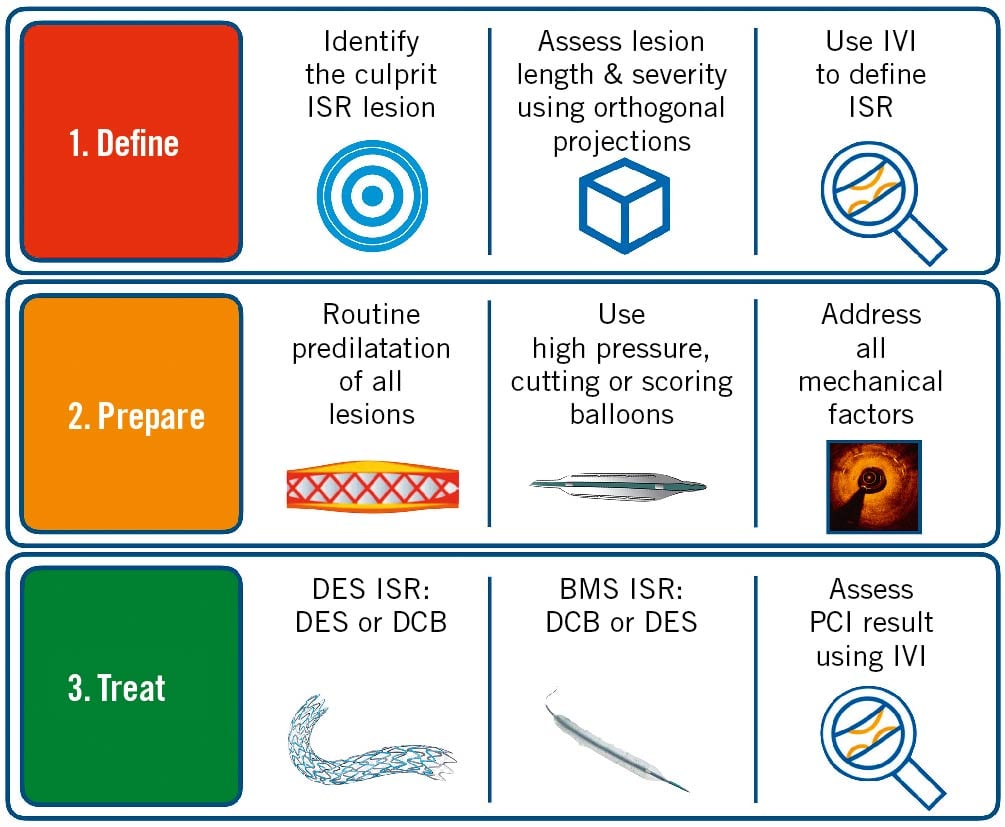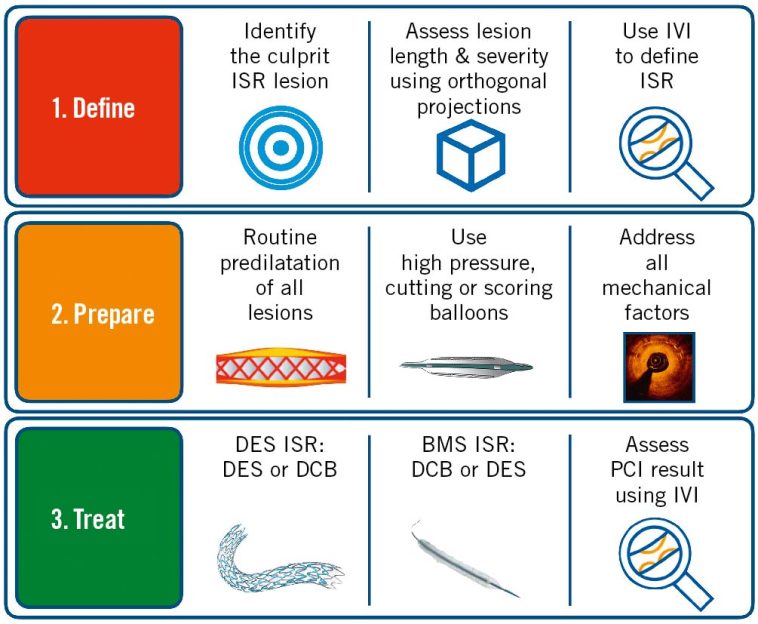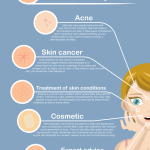
Understanding Healthcare, Treatments, Research and Alternative Medicines
Healthcare is an essential aspect of our lives that requires proper understanding. As technology advances, so does healthcare, and it has become imperative to stay up-to-date with the ever-growing field. To help you understand better, let’s explore healthcare, treatments, research, and alternative medicines in detail.
Defining Healthcare
Healthcare is the maintenance or improvement of health through prevention, diagnosis, and treatment of diseases or illnesses. Healthcare is essential as it ensures the overall well-being of an individual. The healthcare system is composed of various healthcare professionals, including physicians, nurses, pharmacists, and many others.
In healthcare, prevention is better than cure. A healthy lifestyle and regular checkups help prevent severe illnesses or diseases. Routine checkups aid in early diagnosis, which can be instrumental in improving the chances of successful treatment.
Importance of Regular Checkups and Prevention
Regular checkups play a significant role in helping individuals give them peace of mind and ensuring total well-being. Research shows that early detection of deadly diseases improves the success rate of treatment significantly. Therefore, it is wise to make an appointment and visit your doctor to have yourself checked.
Prevention is also paramount in healthcare. Living a healthy lifestyle, having a balanced diet, exercising regularly, and going for routine tests and screenings can significantly reduce the risk of disease or illness.
Treatments
Once a disease has been diagnosed, treatment aims to alleviate the symptoms and ultimately cure the disease. Treatment for illnesses varies based on the severity of the illness. Generally, treatments for illnesses can be classified into two: curative treatments and palliative treatments.
Curative Treatments
Curative treatment is administered to cure a disease or illness. Curative treatment is often given for early-stage diseases or illnesses when the prognosis is good. This type of treatment aims to completely eliminate the illness from the body while minimizing the side effects of the treatment. Curative treatment can be in the form of surgery, chemotherapy, radiation therapy, among others.
Palliative Treatments
Palliative treatments aim to alleviate symptoms associated with diseases. Palliative care is usually given when there’s no known cure for the disease, and the focus is mainly on providing quality of life. Palliative care can range from pain management to psychological health support. Although not curative, palliative care is essential in ensuring the patient’s comfort and support during the illness.
Research
Medical research is essential in advancing healthcare. Medical research aims to find new ways to diagnose, prevent and treat illnesses. Research requires extensive studies, and preliminary results can take years of research before the findings are useful. Nevertheless, research has yielded numerous breakthroughs and discoveries that have improved healthcare significantly.
Current Research and Areas of Focus
The healthcare industry has numerous areas of focus, including cancer, diabetes, autoimmune diseases, and neurological disorders. Currently, research is ongoing to find better ways of diagnosing and treating diseases earlier. Research is also ongoing to develop better and more effective medications for diseases with no known cure.
The COVID-19 pandemic has also shifted the focus of medical research toward infectious diseases. Significant investments have been made towards discovering an effective vaccination for the COVID-19 virus.
Alternative Medicines
Alternative medicines have gained popularity in recent times. Alternative medicines are used to complement traditional western medicine or as a standalone therapy. Alternative medicine is a broad field that includes traditional Chinese medicine, Ayurveda, homeopathy, and many others.
The Role of Alternative Medicine in Healthcare
Alternative medicine plays a significant role in healthcare. Alternative medicine aims to treat the individual as a whole, incorporating the psychological aspects with the physical. Alternative medicine also focuses on natural approaches to treatment, using herbs, natural remedies to treat an ailment. Alternative medicine is often used as an alternative or complementary therapy. However, it’s important to note that not all alternative medicines are safe, and it is essential to research and seek professional advice before using any alternative therapies.
Popular Alternative Medicines
Some of the most popular alternative medicines include:
Acupuncture:
Acupuncture is a traditional Chinese medicine practice that involves using needles to stimulate specific points on the body, helping alleviate pain and treat some health conditions.
Ayurveda:
Ayurveda is a traditional medicine system originating in India. Ayurveda involves the use of herbs, massage, and diet to treat various illnesses or ailments.
Homeopathy:
Homeopathy is a system of alternative medicine that involves using small doses of natural substances to stimulate the body’s healing process.
Naturopathy:
Naturopathy is a system of alternative medicine based on the theory that diseases can be treated or prevented through natural remedies and lifestyle changes.
Final Thoughts
Healthcare, treatments, research, and alternative medicines are all essential aspects of our lives that require proper understanding. Taking care of one’s health, going for routine checkups, and prevention is paramount in ensuring total well-being. In conclusion, healthcare is a vast field, and it requires constant updating and research, and alternative medicine, although potentially useful, should always be used in conjunction with traditional western medicine.
Originally Post From https://www.streetinsider.com/PRNewswire/Morton+Plant+Hospital+First+in+Tampa+Bay+to+Use+New+Treatment+for+Restenosis/23371760.html
Read more about this topic at
STADS Mannheim eV’s Post
AmaliTech Services GmbH’s Post

